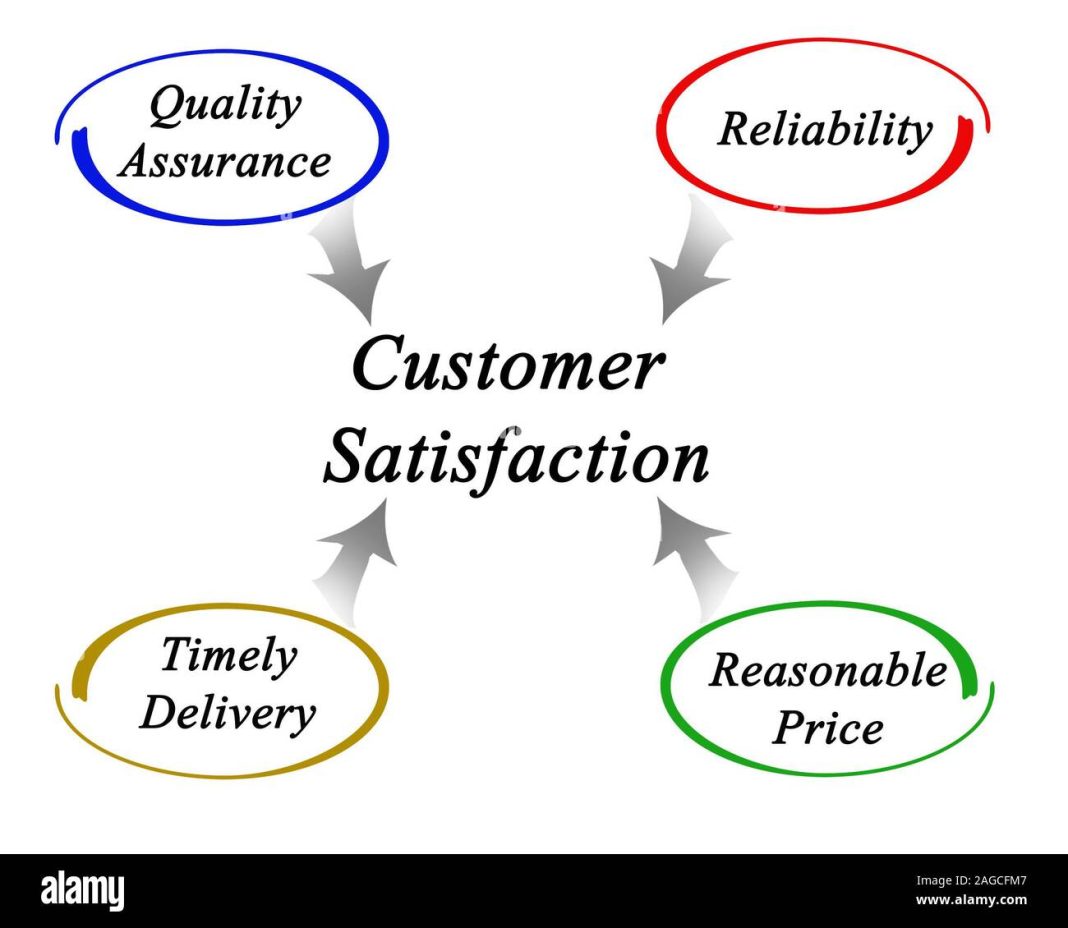
Walgreens Boots Alliance, Inc., one of the largest retail pharmacy chains in the United States, has agreed to a settlement of $106.8 million. The settlement comes in response to allegations that the company submitted false claims to federal health care programs, including Medicare and Medicaid. The Department of Justice (DOJ) announced the settlement, stating that Walgreens had been billing the programs for prescriptions that were never dispensed.
The allegations span a period from 2009 to 2020 and involve claims for prescriptions that were processed but never picked up by beneficiaries. This allowed Walgreens to receive millions of dollars in payments for medications that were never provided. The settlement falls under the False Claims Act, a tool designed to address fraud involving taxpayer-funded health care programs.
Walgreens, based in Deerfield, Illinois, did not admit liability in agreeing to settle. The company stated that a software error was responsible for the issue and that it had inadvertently billed government health care programs for a small number of prescriptions that patients had submitted but never picked up. Walgreens corrected the error, reported it to the government, and voluntarily refunded all overpayments. The company also expressed appreciation for the government’s acknowledgement of its compliance efforts in resolving the matter.
The U.S. Attorney for the District of New Mexico, Alexander Uballez, emphasized the importance of combating fraudulent billing practices that compromise the integrity of federal health care programs. He stated that millions of Americans rely on programs like Medicare and Medicaid and that fraudulently billing for prescriptions that are never dispensed endangers the integrity of these critical programs. The DOJ echoed this sentiment, affirming its commitment to safeguarding the public’s investment in health care from private corporations.
Walgreens has taken steps to address the issue by enhancing its electronic pharmacy management system to prevent future occurrences of unaccounted-for prescription claims. The company also self-reported certain aspects of its conduct during the investigation, leading to credit for $66,314,790, which had been previously refunded to federal health care programs. The settlement amount includes $91,881,530 for the federal government and $14,933,259 for individual states that jointly fund Medicaid programs.
The settlement resolves three whistleblower cases, also known as “qui tam” actions, filed under the False Claims Act. These cases were pursued in the District of New Mexico, the Eastern District of Texas, and the Middle District of Florida. One of the whistleblowers, Steven Turck, a former Walgreens pharmacy manager, filed a lawsuit in the Eastern District of Texas, exposing significant revelations about Walgreens’ billing practices. As part of the settlement, Turck will receive $14,918,675. Another whistleblower, Andrew Bustos, a former district pharmacy supervisor, filed a separate suit in the District of New Mexico, leading to his award of $1,620,000 for uncovering similar fraudulent activities.
Deputy Inspector General for Investigations Christian J. Schrank of the Department of Health and Human Services Office of Inspector General emphasized the importance of holding providers accountable for preying upon public health care programs to increase profit margins. He highlighted that Medicare enrollees and consumers rely on pharmacies for critical medications that sustain their quality of life.
In conclusion, Walgreens’ agreement to pay $106.8 million to settle allegations of submitting false claims to federal health care programs highlights the significance of maintaining the integrity of taxpayer-funded health care programs. The settlement serves as a reminder that fraudulent billing practices compromise the accessibility and affordability of medications for millions of Americans. It is crucial for companies to take responsibility for their actions, implement necessary measures to prevent future occurrences, and be held accountable for their misconduct. Whistleblowers play a vital role in exposing such fraudulent activities, and their efforts should be recognized and rewarded. Ultimately, the focus should be on ensuring the well-being of patients and safeguarding the public’s investment in health care.


